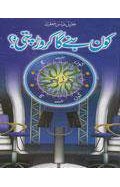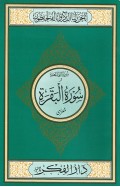- Home
- Religion & Spirituality
- Justice and Beauty in Muslim Marriage - Towards Egalitarian Ethics and Laws
Justice and Beauty in Muslim Marriage - Towards Egalitarian Ethics and Laws
By: Ziba Mir-Hosseini
-
Rs 8,796.00
- Rs 10,995.00
- 20%
You save Rs 2,199.00.
Due to constant currency fluctuation, prices are subject to change with or without notice.
Journeys Toward Gender Equality in Islam
By: Ziba Mir-Hosseini
Rs 5,945.75 Rs 6,995.00 Ex Tax :Rs 5,945.75
Justice and Beauty in Muslim Marriage - Towards Egalitarian Ethics and Laws
By: Ziba Mir-Hosseini
Rs 8,796.00 Rs 10,995.00 Ex Tax :Rs 8,796.00
Zubin Mehta: A Musical Journey (An Authorized Biography)
By: VOID - Bakhtiar K. Dadabhoy
Rs 892.50 Rs 1,050.00 Ex Tax :Rs 892.50
Hamlyn All Colour Cookbooks 200 Risottos And Rice Dishes
By: Cara Hobday
Rs 447.50 Rs 895.00 Ex Tax :Rs 447.50
No similar books from this author available at the moment.
The Crisis of Islam: Holy War and Unholy Terror
By: Bernard Lewis
Rs 3,145.50 Rs 3,495.00 Ex Tax :Rs 3,145.50
No Logo: Naomi Klein (Collins Modern Classics)
By: Naomi Klein
Rs 2,065.50 Rs 2,295.00 Ex Tax :Rs 2,065.50
Let's Work Together! (DreamWorks TrollsTopia)
By: Random House
Rs 590.75 Rs 695.00 Ex Tax :Rs 590.75
High Fashion: The 20th Century Decade by Decade
By: DIRIX EMMANUELLE
Rs 2,847.50 Rs 3,350.00 Ex Tax :Rs 2,847.50
1001 Inventions - The Enduring Legacy of Muslim Civilization
By: Salim T S Al-Hassani
Rs 5,760.00 Rs 7,200.00 Ex Tax :Rs 5,760.00
A Mind Full of Murder Skulduggery Pleasant, Book 16
By: Derek Landy
Rs 3,685.50 Rs 4,095.00 Ex Tax :Rs 3,685.50
Cake Pops: 28 Great Designs From The Popcake Kitchen
By: N/A
Rs 747.50 Rs 1,495.00 Ex Tax :Rs 747.50
Soldiers - Great Stories of War and Peace
By: Max Hastings
Rs 2,605.50 Rs 2,895.00 Ex Tax :Rs 2,605.50
American: Beyond Our Grandest Notions
By: Chris Matthews
Rs 3,870.00 Rs 4,300.00 Ex Tax :Rs 3,870.00
Yahoodiyat o Nasraniyat Quran Ki Roshni Mein
By: Syed Abu Aalla Modudi
Rs 1,800.00 Rs 2,000.00 Ex Tax :Rs 1,800.00
Messi - The Must-read Biography of the World Cup Champion
By: Guillem Balague
Rs 3,415.50 Rs 3,795.00 Ex Tax :Rs 3,415.50
This Will Be My Undoing: Living at the Intersection of Black, Female, and Feminist in (White) America
By: Morgan Jerkins
Rs 3,055.75 Rs 3,595.00 Ex Tax :Rs 3,055.75
Through the Prism: Untold rock stories from the Hipgnosis archive
By: Aubrey Powell
Rs 10,795.50 Rs 11,995.00 Ex Tax :Rs 10,795.50
Pinch of Nom Comfort Food: 100 Slimming, Satisfying Recipes
By: Kay Allinson & Kay Featherstone
Rs 4,495.50 Rs 4,995.00 Ex Tax :Rs 4,495.50
American Spy: a Cold War spy thriller like you've never read before - Paperback
By: Lauren Wilkinson
Rs 1,047.50 Rs 2,095.00 Ex Tax :Rs 1,047.50
Twice Bitten: A Chicagoland Vampires Novel (Chicagoland Vampires Series)
By: Chloe Neill
Rs 590.75 Rs 695.00 Ex Tax :Rs 590.75
The World of David Morris - The London Jeweler
By: Annabel Davidson
Rs 32,395.50 Rs 35,995.00 Ex Tax :Rs 32,395.50
Archie: Love Showdown 30th Anniversary Edition
By: Archie Superstars
Rs 3,595.50 Rs 3,995.00 Ex Tax :Rs 3,595.50
The Last Kids on Earth: The Graphic Novel
By: Max Brallier
Rs 2,245.50 Rs 2,495.00 Ex Tax :Rs 2,245.50
Zubin Mehta: A Musical Journey (An Authorized Biography)
By: VOID - Bakhtiar K. Dadabhoy
Rs 892.50 Rs 1,050.00 Ex Tax :Rs 892.50
Journeys Toward Gender Equality in Islam
By: Ziba Mir-Hosseini
Rs 5,945.75 Rs 6,995.00 Ex Tax :Rs 5,945.75
Justice and Beauty in Muslim Marriage - Towards Egalitarian Ethics and Laws
By: Ziba Mir-Hosseini
Rs 8,796.00 Rs 10,995.00 Ex Tax :Rs 8,796.00












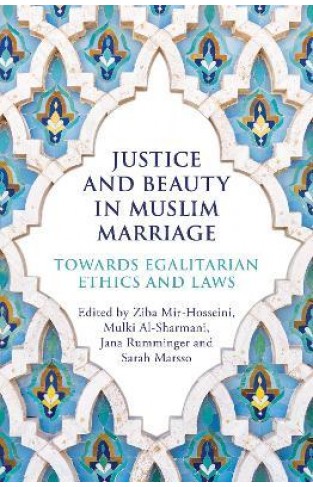
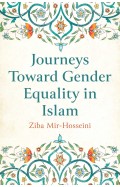
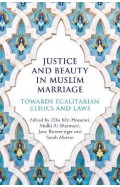
-120x187.jpg?q6)













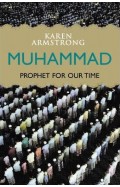

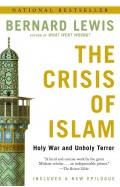

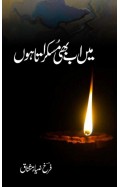
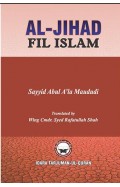


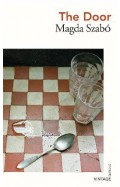







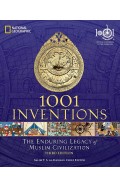

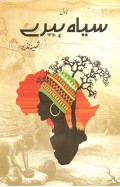







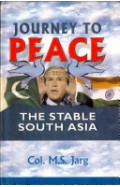




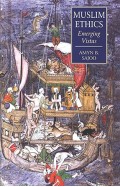


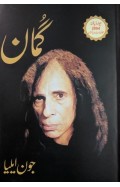










-120x187.jpg?q6)



